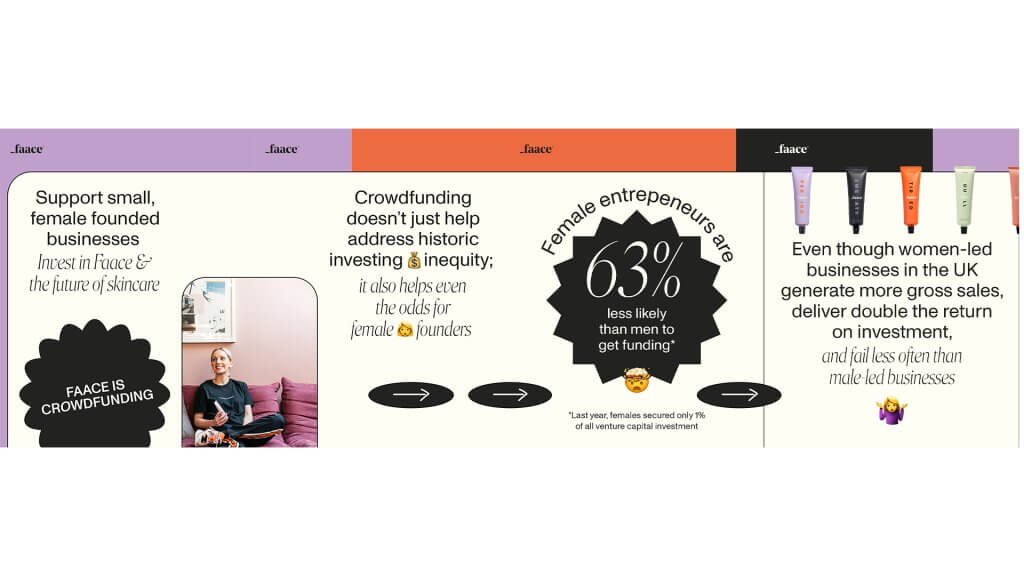
If you’ve been keeping up with the latest news in the fintech world, you might have noticed a common theme: more and more companies are moving their operations to the cloud. In fact, according to Mckinsey & Co, 54% of financial institutions expect to shift at least half of their workloads to the public cloud within 5 years.
This shift towards cloud-based solutions is not without reason. With the exponential growth of the fintech industry, traditional infrastructure and legacy systems can no longer keep up with the demands of consumers and businesses alike. But why exactly is the cloud the solution that the fintech industry has been waiting for?
In this article, we’ll dive into the benefits of cloud computing for fintech, explore the major cloud providers in the industry, examine the challenges and risks associated with cloud adoption, and discuss what the future holds for fintech in the cloud. So, if you’re curious about why the fintech industry is migrating to the cloud, keep reading!
What is cloud computing in fintech?
Cloud computing in fintech refers to the use of remote servers and storage to process and store financial data. By using cloud computing, fintech firms can reduce costs, improve scalability, and enhance data security. Let’s take a look at some examples:
Example 1: VoIP numbers for a fintech CRM company
Suppose you work for a fintech CRM (Customer Relationship Management) company that manages customer interactions and financial data. Your company handles a large volume of customer calls every day, each of which has a unique identifier associated with it, known as VoIP numbers.
Traditionally, your company might have invested in a physical server to handle all the associated data coming from a VoIP caller. However, as your company grows and the volume of calls increases, this server becomes increasingly difficult to maintain and scale. Additionally, if the server were to fail or be damaged, the company would risk losing all of the data associated with those calls.
By moving to the cloud, your company can instead rely on a third-party cloud provider to handle the processing and storage of this data. This means that your company can easily scale up or down as needed without worrying about maintaining physical infrastructure. Additionally, cloud providers often have redundant systems to ensure that data is always available, even in the event of a failure.
Example 2: Insurance legacy system migration to the cloud
In the rapidly evolving fintech landscape, insurance fintech companies (Insurtechs) realise the need to keep up with modern technologies to stay competitive. Many of these companies still rely on outdated legacy systems to manage their policies, claims, and customer data. These systems can be difficult to maintain, scale, and integrate with new technologies. However, cloud computing is providing a solution to this problem.
By migrating to the cloud, Insurtechs can move their insurance legacy system to a modern, cloud-based platform that offers greater scalability, security, and flexibility. This allows them to handle a large volume of transactions, store and process large amounts of data, and integrate with other fintech services like blockchain, machine learning, and IoT (Internet of Things). Additionally, cloud providers often offer advanced analytics tools that help insurance companies identify fraud, optimise pricing, and personalise their products and services.
For example, a cloud-based platform could allow an insurtech company, that offers family insurance solutions, to offer personalised coverage plans tailored to a customer’s specific family member. So, not only does cloud computing help insurance companies stay competitive, but it also allows them to provide better customer service.
Benefits of the Fintech Industry Migrating to the Cloud
The fintech industry is rapidly migrating to the cloud, and for a good reason. Cloud migration offers numerous benefits to fintech companies, including:
1. Scalability and Flexibility:
Cloud computing allows fintech companies to quickly and easily scale their operations up or down as needed without having to invest in costly hardware and infrastructure. This allows them to respond more quickly to changing market conditions and customer demands.
2. Lower Costs:
By leveraging cloud computing, fintech companies can significantly reduce costs, including hardware, software, and maintenance expenses. Additionally, they can benefit from the economies of scale offered by cloud providers, resulting in lower prices for services such as data storage and processing.
3. Improved Security:
Cloud providers offer a range of security features and protocols to protect their clients’ data and systems from cyber threats. In fact, many cloud providers have dedicated security teams constantly monitoring their systems and updating their security protocols to address new threats and vulnerabilities. This is particularly important for fintech companies, which are often subject to strict regulatory requirements and must maintain compliance with standards such as SOX IT compliance.
4. Enhanced Collaboration:
Cloud computing enables fintech companies to collaborate more easily with other firms and partners, regardless of their physical location. This can result in increased innovation and faster time to market for new products and services.
5. Access to Advanced Technologies:
Cloud providers often offer advanced technologies such as artificial intelligence, machine learning, and blockchain as part of their services. By leveraging these technologies, fintech companies can gain a competitive advantage and deliver better products and services to their customers.
Overall, the benefits of migrating to the cloud are clear for fintech companies. By doing so, they can improve their scalability, lower their costs, enhance their security, collaborate more effectively, and gain access to advanced technologies. However, it’s important for them to carefully evaluate their options and choose a cloud provider that meets their specific needs and requirements.
Final Thoughts
Cloud computing is revolutionising the fintech industry, offering a range of benefits that can help companies stay competitive and remain compliant with regulations.
By leveraging cloud-based solutions, fintech companies can scale their operations quickly and easily, reduce their costs, improve security, collaborate more effectively, and access advanced technologies – all of which will help them stay ahead of the competition.
However, it’s important for companies to carefully evaluate their options and choose a cloud provider that meets their specific needs. Some key tips to keep in mind include:
- Research the provider’s security protocols
- Ensure that their SLAs meet your requirements
- Look for providers with a strong track record of success
Additionally, companies should always be prepared to switch vendors if they are unsatisfied with their cloud service. By doing so, they can ensure that they are taking full advantage of the benefits of cloud computing.





















